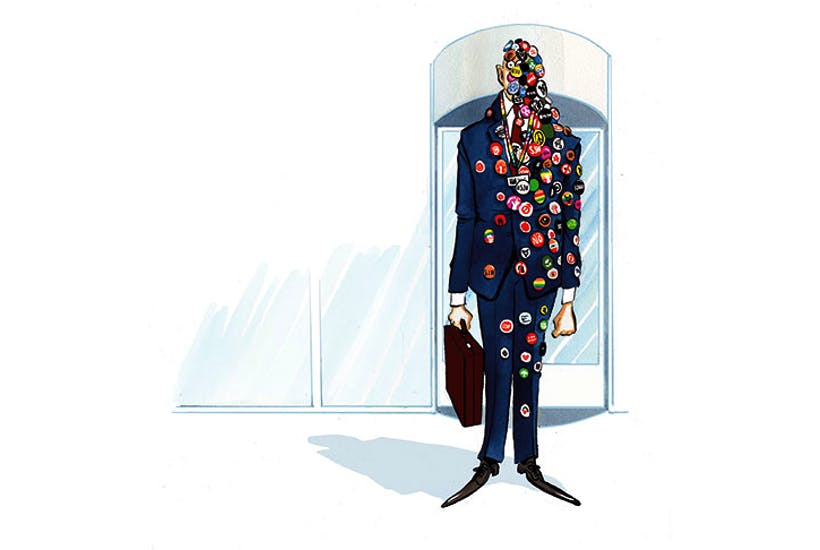For those of us who have experienced life in a ‘woke workplace’, Toby Young’s Spectator cover story this week makes grimly familiar reading.
My former workplace might even have a claim to be the worst of them all: Amnesty International. Some years before joining The Spectator, I worked a lowly communications gig at Amnesty’s London HQ. And while it’s true that many individual researchers were brilliant (constantly making life more difficult for some of the world’s ugliest regimes), the organisation itself was, well, a bit of a mess. And for the exact reasons Toby describes.
But perhaps the worst thing about these workplaces is that, for all their progressive language, they’re not actually terribly nice places to be. Hence why I wasn’t surprised when last month Amnesty issued a grovelling apology after an independent report criticised its ‘toxic’ workplace culture. The report (which had been commissioned after two staffers sadly took their own lives) didn’t hold back from criticising Amnesty for widespread bullying and bad management. It’s been keenly dissected on social media by current and former Amnesty staffers.
On first glance that might seem strange – human rights watchdog staffed by petty tyrants – but when you understand how wokeness works it makes perfect sense. Like the culty militant socialists of the 80s, ultra-lefty workplaces tend to place more importance on being good (that is, outwardly virtuous) than being kind. It fosters a culture where people more attention to what you say than what you actually do.
Working in that environment creates an odd sense of cognitive dissonance. Most of my co-workers were fully aware of Amnesty’s toxic culture – me included (one of the managers I worked for was a notorious bully – and completely incompetent to boot). But the organisation turned a blind eye to it. At the same time, though, we were constantly expected to parrot the company jargon about ‘values’, ‘purpose’ and ‘social justice’ as a reminder of how virtuous we all were.
Amnesty isn’t the only one to come unstuck. Oxfam was rocked last year when its field workers were caught paying women for sex. An explosive investigation by Buzzfeed recently revealed that the WWF – the ones with the adorable panda logo – has been paying paramilitary groups who have tortured suspected poachers. The aid agency Save The Children was castigated for exploiting refugees in a so-called ‘sex-for-food’ scandal. Of course, these allegations are much more severe than those made against Amnesty, but they still stem from the same place: when movements become utterly convinced they’re doing good, they have a tendency to overlook their own misdemeanours.
Whether it’s the private sector or the charity world, such workplaces have another thing in common: inefficiency. Wokeness doesn’t just need to be done – it also needs to be seen to be done. Which means an endless cycle of meetings, committees, tick-box exercises, training schemes and the like. Another company I worked for was notorious for this. Sometimes you’d spent the whole morning going from one committee meeting to the next.
What’s the antidote to all of this? In my experience, smaller organisations with tighter budgets and clear chain-of-command tend to have less time for these kind of distractions (the book Bullshit Jobs by the anarchist anthropologist David Graeber is great on this topic). Just as importantly, anyone not pulling their weight – or engaging in bad behaviour – usually finds themselves out on their ear. It might not win diversity awards, but it makes for a better workplace in the long-run.






Comments